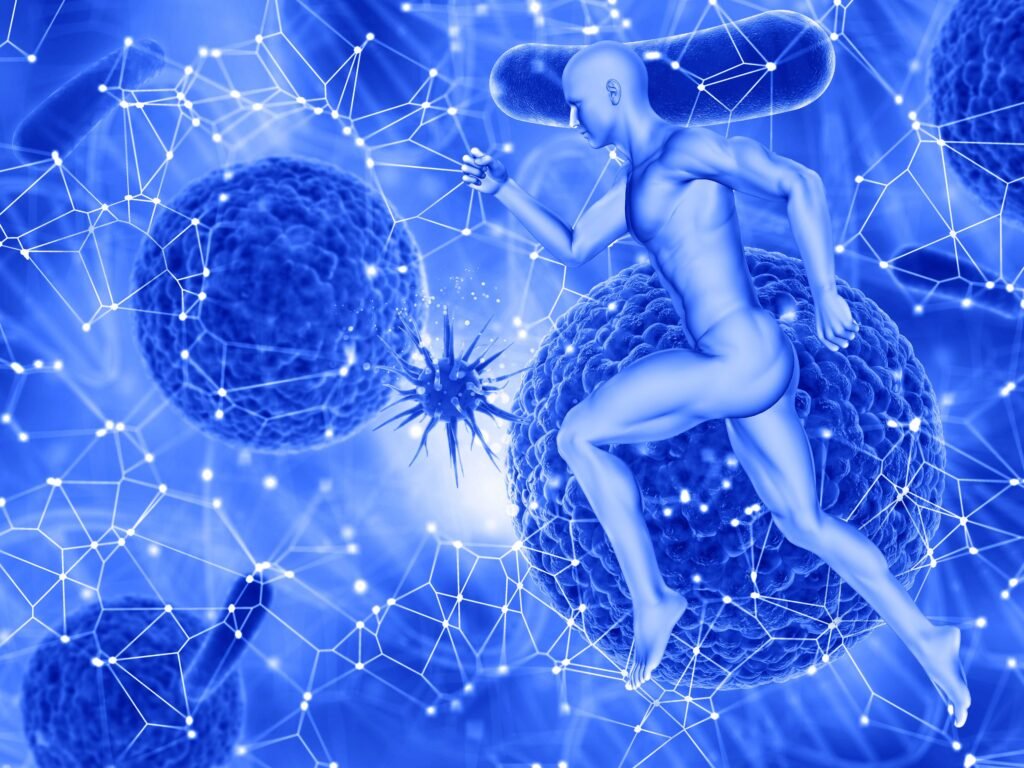
Proteins are the primary component of a biological system, responsible for completing numerous biological processes such as proliferation, cell growth, intercellular communication, gene expression, and apoptosis. The protein synthesis is stored within the DNA, which will work as a template to regulate the transcriptional processes to create mRNA. The mRNA will code the message and translate it into a sequence of amino acids that will ultimately form a protein. In all organisms, proteins are processed in two steps: DNA is transcribed into RNA and the RNA is translated into protein.
What Are Recombinant Proteins?
As per News Medical, the recombinant DNA encodes the proteins and converts them into recombinant proteins. During the process, the proteins will be cloned in a specific vector that creates the gene expression and translates the messages conveyed by the mRNA. The recombinant DNA technology will modify the gene, creating a mutant protein. Recombinant protein is derived by manipulating the native protein, which is developed in a number of ways to enhance protein production, create useful commercial products, and modify the existing sequence of the gene.
How to Make Recombinant Proteins?
Custom RECOMBINANT PROTEIN production is possible. The process starts at the genetic level, where the coding sequence as per the specific protein will be isolated. After that, it will be cloned into a proper plasmid vector expression. Recombinant proteins that are made for therapeutic purposes are derived from humans and are exposed to microorganisms such as yeast, bacteria, etc.
Human genes are extremely complicated, often containing introns, which is a non-coding DNA sequence. Therefore, scientists create an intron-free gene by making cDNA from mRNA. As cDNA doesn’t feature regulatory regions, the expression vector comes with a ribosome-binding site as well as a terminator sequence. Recombinant protein that is made for research purposes is dependent on simplicity, affordability, and speed. Proteins that are exposed to bacteria cannot possess post-translational modifications such as glycosylation and phosphorylation.
Use of Recombinant Proteins
The primary use of recombinant proteins is to comprehend health and diseases through biomedical research. The recombinant proteins can prove effective at recognizing protein-protein relations. Protein interactions play a major role in the overall cellular process. For the past few years, RP microarrays have started gaining popularity due to their examination process for protein-protein interactions. This system helped scientists know the interactions of proteins with other proteins or enzymes, lipids, and small molecules. The results are awe-inspiring when it comes to knowing more about protein-protein interactions.
Recombinant proteins are also a valuable tool for biotherapeutics. Most human diseases are completely or partially connected with some specific proteins. Therapeutic proteins can give essential therapies for diseases including infectious diseases, diabetes, anaemia, and haemophilia. Scientists use genetic engineering to obtain human proteins to help them play a crucial role in the therapeutic medicine markets. FDA has approved many recombinant protein vaccines that can prevent infectious diseases caused by the Hepatitis B virus.
Final Thoughts
Technological advancements in the medical field have allowed scientists and researchers to boost the production of recombinant proteins. The importance of recombinant proteins has been increased for numerous applications. We are hoping to see more progress in the domain of recombinant proteins.
